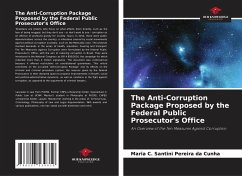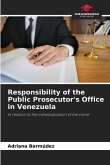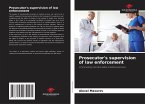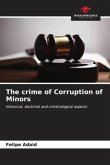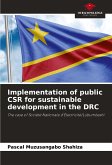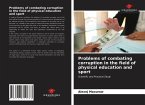'Brazilians are citizens who focus on what affects them directly, such as the fear of being mugged, but they don't see - or don't want to see - corruption as an offence of profound gravity for society.' Nucci. In 2013, there were public demonstrations across the country, a milestone caused by social movements against political corruption scandals, such as the Mensalão case. The protests involved demands in the areas of health, education, housing and transport. The Ten Measures against Corruption were formulated by the Federal Public Prosecutor's Office, with the aim of reducing corruption in Brazil. They were introduced in the National Congress as Bill 4.850/2016, the campaign for which collected more than 2 million signatures. The document was controversial because it offered restrictions on constitutional guarantees. This article comments on the so-called 'Anti-Corruption Package' and its effects on the criminal and criminal procedure system, the reasons given by the Federal Prosecutors in their declared quest to propose improvements in Brazil's social and political-administrative dynamics, as well as solutions in the fight against corruption, as opposed to the arguments of criminal lawyers.
Bitte wählen Sie Ihr Anliegen aus.
Rechnungen
Retourenschein anfordern
Bestellstatus
Storno

